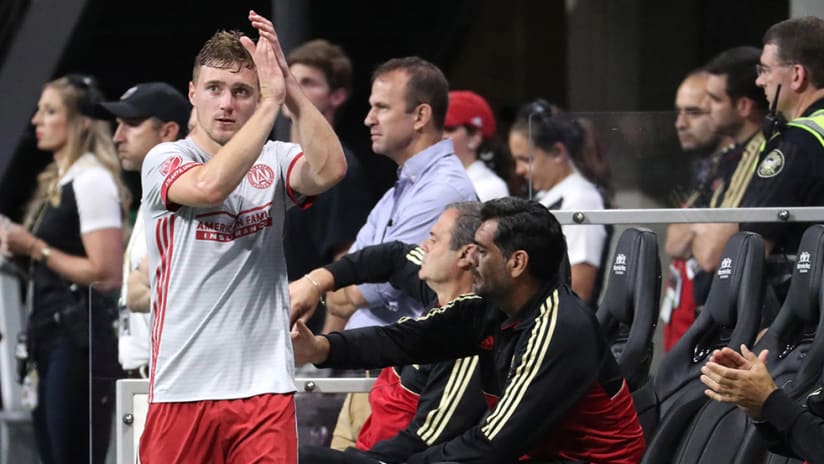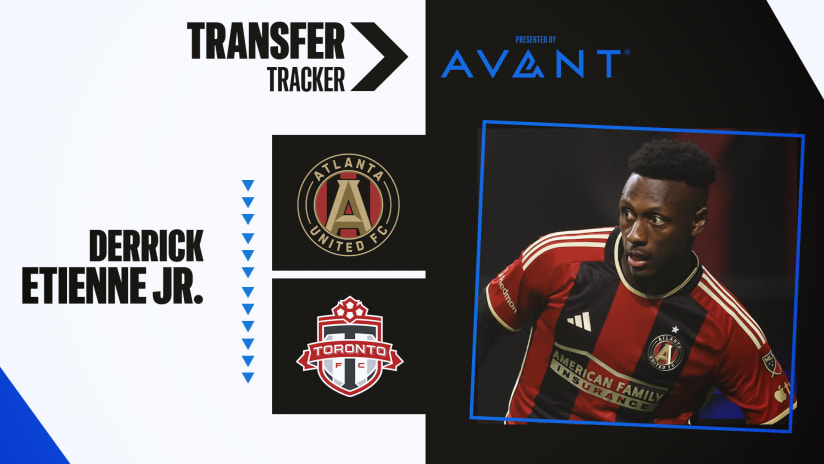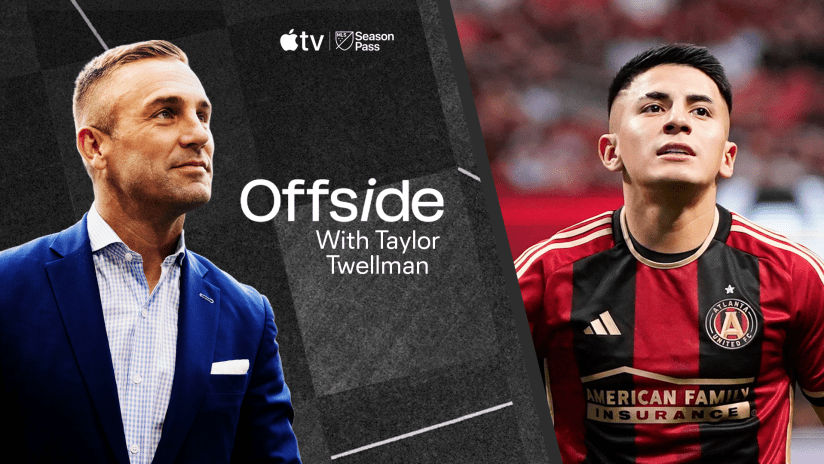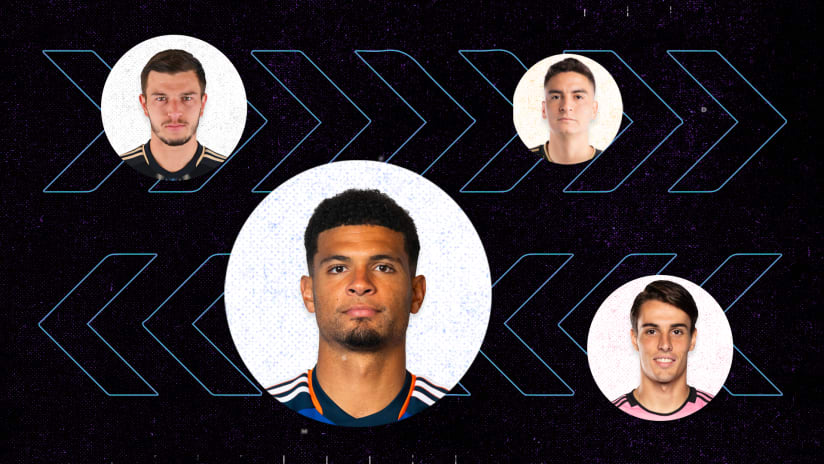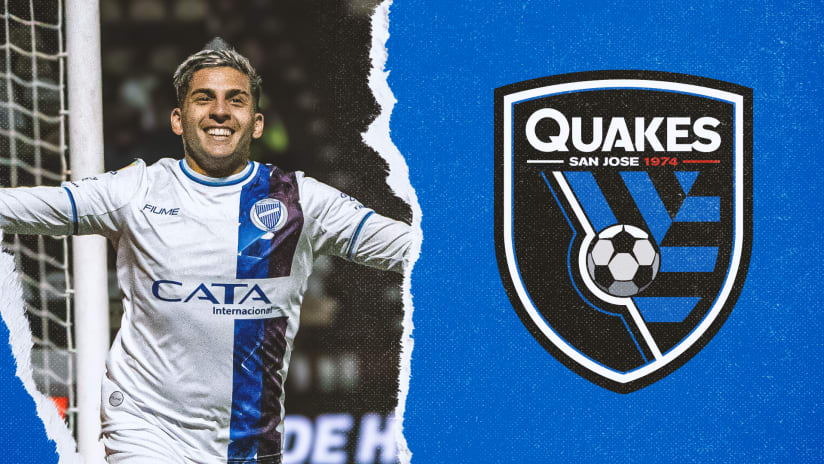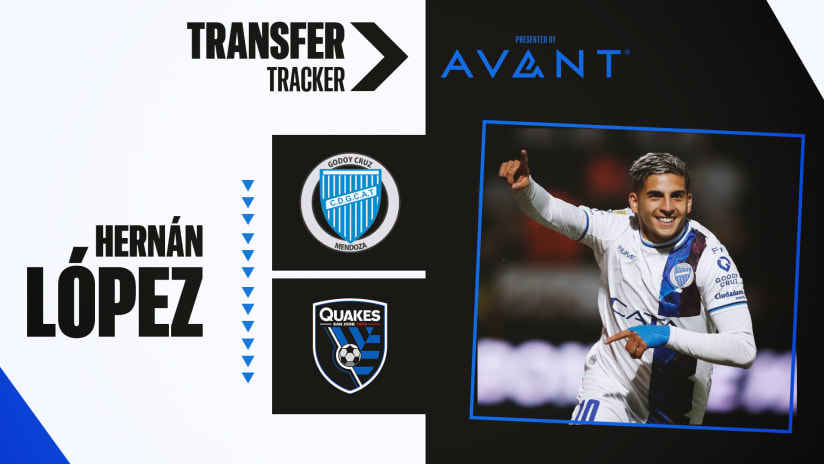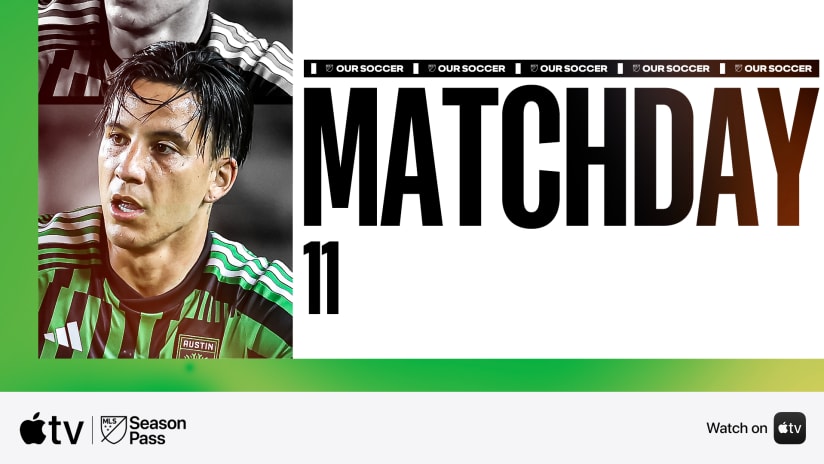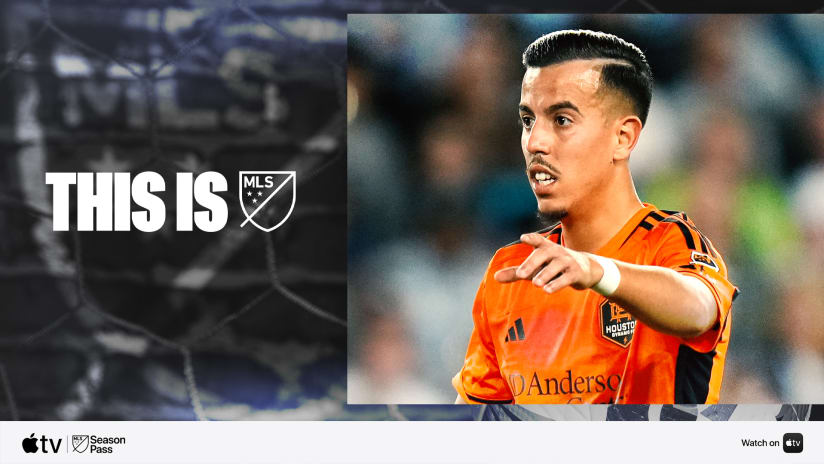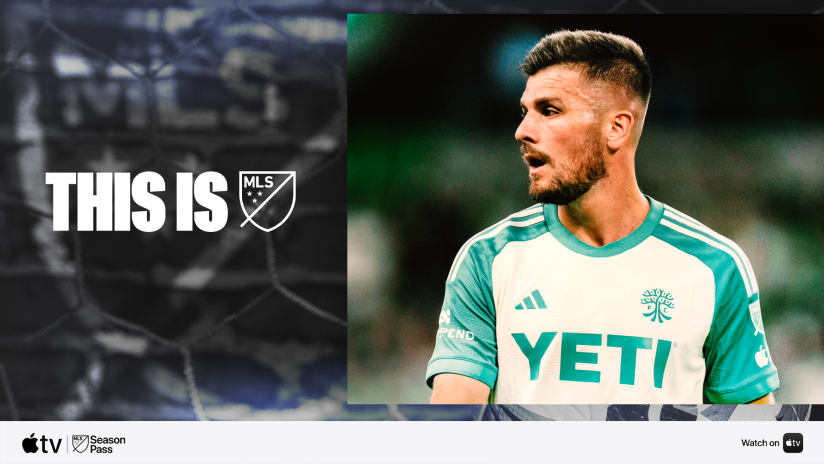ATLANTA – Despite only being a rookie finishing his first year of professional soccer in MLS, Julian Gressel knows a thing or two about player development – because quite frankly, he’s been there.
Gressel, 23, is the consensus frontrunner for the MLS Rookie of the Year award after recording five goals and nine assists in 31 games for Atlanta United heading into their Decision Day presented by AT&Tmatchup against Toronto FC on Sunday (4 pm ET; MLS LIVE in the US | TSN4 in Canada).
Considering his numbers and improvement over the course of the year, you’d think Gressel was a player that’d been carefully handled from his days in a development academy to now. You’d be wrong.
Gressel played in youth sides and professional academies until, facing no pro prospects at home, he chose to come to the US to play for Providence College at the age of 19. He says it’s his experience in the college game – a pathway that has been roundly criticized, especially in the wake of the failures of the United States men’s national team – that made him the player he is today.
“It’s tough to just say, ‘Oh college soccer is stupid,’” Gressel said after training on Thursday. “There are some rules that could and should be changed, because two hours a week with a soccer ball in the offseason is not enough to develop good players, but there’s benefits to the college system.”
Gressel said the college game, above all else, gave him the time he needed to focus on improving to make himself a strong, well-rounded player. He says it’s not an opportunity all players get, especially those who are thrust into an environment that is focused on winning first and development later.
“I knew coming in to college that I had three or four years there to just get better. There was no pressure of having to get a contract, or having to perform in an academy where you have to perform in order to stay there,” he said. “So you always had that freedom of getting better and focusing on your weaknesses.”
There’s no doubt that developing soccer players is far from a one-size-fits-all system. And Gressel would be the first to tell you that while college was beneficial for him and set him up to succeed, it might not be the best method for others. In fact, Gressel trains alongside two teenagers that signed MLS Homegrown contracts last fall in Andrew Carleton and Chris Goslin.
Both of those players are currently excelling with the US at the Under-17 World Cup, adding further credence to Gressel’s opinion that finding success is less about where a player develops, and more about whether he or she is being properly coached.
“It always depends on the coach and how much they work with you individually. It’s very important that kids get coached,” said Gressel. “That doesn’t necessarily happen when a guy signs a professional contract at 16 or something and then they kind of miss the coaching because [the manager] is more concerned with going week by week, preparing for the opponent. Sometimes they forget about those guys that are still developing and need that time to talk to the coaches and take their time to be coached properly. I think that’s a big benefit for college soccer.”

